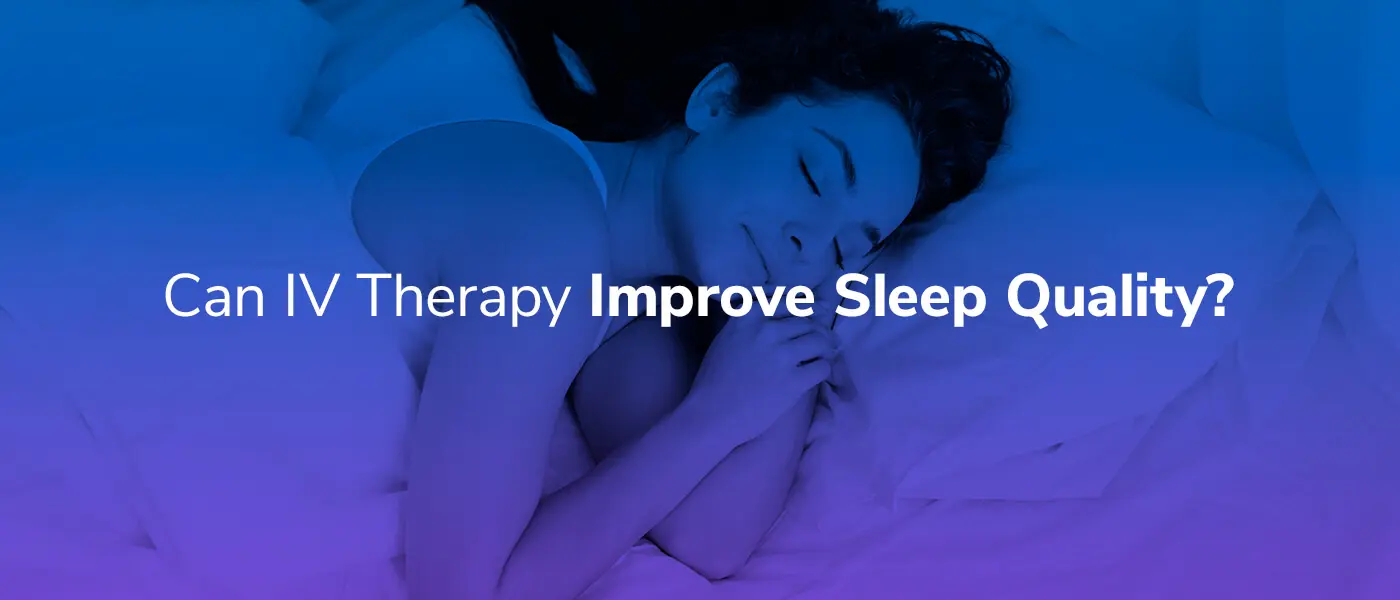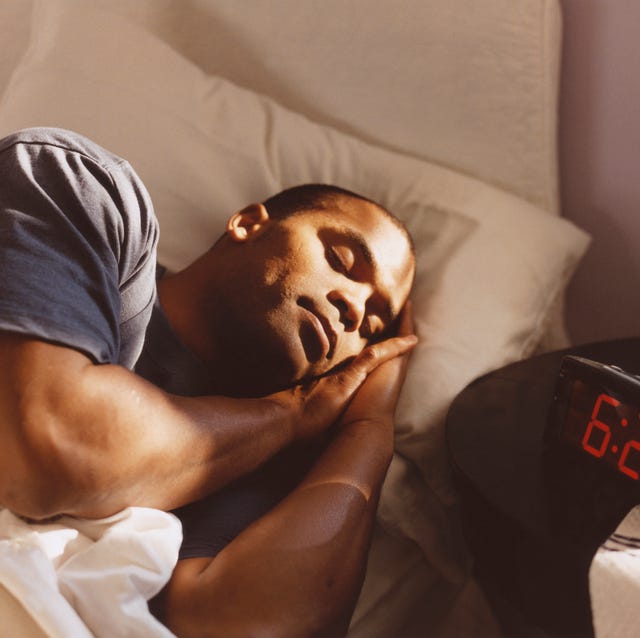Reliable Therapy Solutions for Handling Rest Disorders and Enhancing Relaxing Sleep
In the world of medical care, the management of sleep problems and the quest for restful rest are pivotal components of overall health. As we navigate the intricate landscape of sleep conditions and look for to improve our sleep experience, a much deeper understanding of these therapy options might hold the secret to unlocking a much more refreshing and satisfying restorative trip.
Cognitive Behavioral Therapy for Sleep Problems (CBT-I)
Cognitive Behavior Modification for Sleeplessness (CBT-I) is a structured, evidence-based treatment method that concentrates on attending to the underlying factors adding to sleep disturbances. This sort of treatment aims to customize behaviors and ideas that exacerbate insomnia, inevitably promoting healthy and balanced rest patterns. CBT-I usually includes several crucial elements, including cognitive therapy, rest restriction, stimulation control, and rest health education.
Cognitive treatment assists people recognize and change adverse thought patterns and beliefs about rest that may be impeding their capability to drop or stay asleep. Rest limitation includes limiting the amount of time invested in bed to match the person's actual rest period, consequently boosting rest efficiency (natural insomnia remedies). Stimulus control methods assist establish a solid association between the bed and sleep by motivating people to visit bed only when drowsy and to stay clear of engaging in boosting activities in bed
Furthermore, sleep hygiene education focuses on creating healthy and balanced sleep practices, such as preserving a consistent sleep schedule, producing a relaxing going to bed routine, and enhancing the rest atmosphere. By resolving these variables comprehensively, CBT-I provides a reliable non-pharmacological intervention for managing sleeping disorders and boosting general rest high quality.
Sleep Health Practices
Having developed the foundation of cognitive restructuring and behavioral modifications in addressing sleeping disorders via Cognitive Behavior modification for Insomnia (CBT-I), the focus currently moves towards exploring crucial Sleep Hygiene Practices for maintaining optimal sleep high quality and overall health.
Sleep health techniques incorporate a variety of behaviors and environmental aspects that can considerably affect one's capacity to sleep and remain asleep throughout the night. Consistent sleep and wake times, creating a relaxing bedtime regimen, and optimizing the rest environment by maintaining it dark, quiet, and cool are essential components of great sleep health. Limiting exposure to screens before bedtime, avoiding energizers like caffeine near going to bed, and participating in regular exercise throughout the day can likewise promote better rest quality.
In addition, exercising leisure methods such as deep breathing exercises or meditation prior to bed can help soothe the mind and prepare the body for rest. By incorporating these sleep health practices into one's everyday routine, people can develop a healthy and balanced sleep pattern that supports relaxed rest and general health.
Relaxation Techniques and Mindfulness
Implementing relaxation methods and mindfulness techniques can play a crucial function in cultivating a sense of tranquility and promoting high quality sleep. In addition, guided imagery can assist deliver people to a tranquil location in their minds, helping in stress and anxiety decrease and boosting rest top quality.
Mindfulness practices, such as meditation and yoga, are also effective in promoting relaxation and improving sleep. Mindfulness urges people to remain present in the moment, releasing concerns regarding the past or future. By including these techniques right into a bedtime routine, individuals can signal to their bodies that it is time to prepare and relax for rest. Generally, incorporating relaxation methods and mindfulness practices can substantially contribute to managing sleep problems and boosting general sleep quality.

Medicine Options for Rest Disorders
After exploring relaxation strategies and mindfulness practices as non-pharmacological interventions for enhancing sleep high quality, it is necessary to consider medicine options for individuals with rest problems. In instances where lifestyle changes and therapy do not provide sufficient relief, medication can be a valuable tool in managing rest disruptions.
Typically prescribed drugs for rest conditions consist of benzodiazepines, non-benzodiazepine hypnotics, antidepressants, and melatonin receptor agonists. Benzodiazepines, such as diazepam, are sedatives that can assist induce sleep, yet they are typically recommended for short-term usage as a result of the threat of dependancy. Non-benzodiazepine hypnotics like zolpidem are additionally made use of to deal with sleep problems and have a reduced threat of dependancy contrasted to benzodiazepines. Antidepressants, such as trazodone, can be valuable for people with co-occurring anxiety and sleep disruptions. Melatonin receptor agonists, like ramelteon, target the body's all-natural sleep-wake cycle and can be helpful for regulating rest patterns.
It is vital for individuals to speak with a doctor to establish one of the most proper medicine option based upon their details rest condition and medical background.
Light Treatment for Body Clock Guideline
Light therapy, likewise referred to as phototherapy, is a non-invasive therapy method utilized to manage body clocks and boost sleep-wake cycles. This therapy entails exposure to intense light that imitates all-natural sunlight, which assists to reset the body's biological rhythm. By subjecting people to specific wavelengths of light, usually in the morning or evening relying on the desired result, light therapy can properly change the body clock to advertise wakefulness throughout the day and enhance peaceful rest in the evening.
Research study has actually revealed that light treatment can be especially beneficial for individuals with body clock disorders, Home Page such as postponed rest stage syndrome or jet lag. It can likewise be helpful for those experiencing seasonal depression (SAD), a type of clinical depression that commonly occurs during the cold weather when natural light direct exposure is minimized. Light therapy is normally well-tolerated and can be made use of in conjunction with other treatment approaches for rest problems to maximize outcomes and improve overall rest quality.
Conclusion
To conclude, reliable treatment options for managing rest conditions and improving relaxing rest include Cognitive Behavior modification for Sleep Problems (CBT-I), rest hygiene methods, relaxation methods and mindfulness, drug options, and light therapy for body clock law. These approaches can aid individuals improve their sleep high quality and overall health. It is necessary to speak with a medical care provider to determine the most suitable strategy for resolving rest problems.
As we browse the complex landscape of sleep problems and seek to enhance our rest experience, a deeper understanding of these treatment solutions may hold the trick to unlocking a much more refreshing and meeting corrective trip.
Sleep constraint includes limiting the quantity of time spent in bed to match the individual's real sleep period, thereby enhancing rest effectiveness. Consistent see page sleep and wake times, creating a relaxing bedtime regimen, and enhancing the sleep atmosphere by keeping it dark, quiet, and cool are vital parts of excellent sleep health. Light treatment is typically well-tolerated and can be used in combination with various other treatment approaches for sleep conditions to optimize results and improve total sleep top quality.
